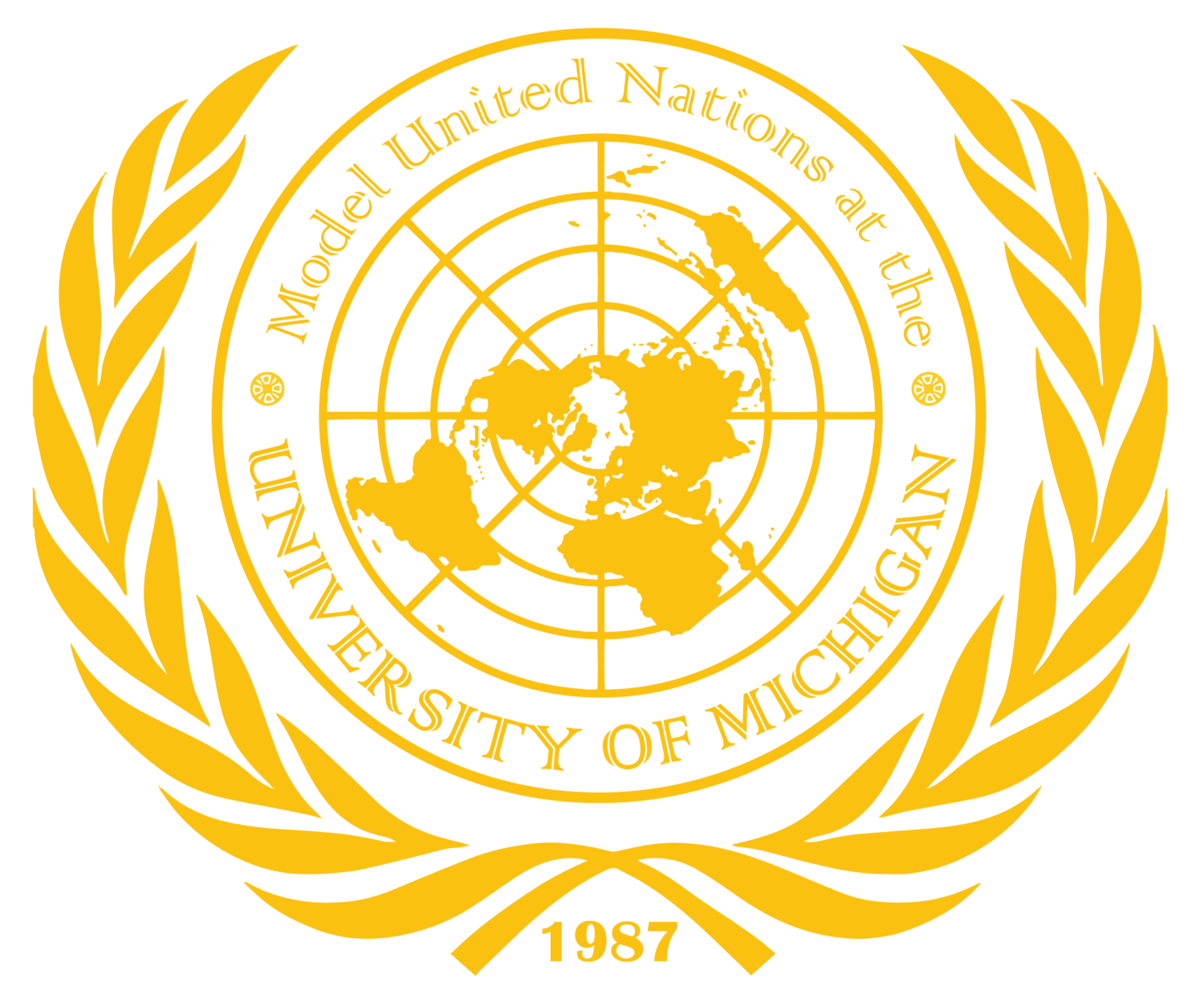By: Bella Kephart
For new delegates, choosing a committee can be daunting. General Assemblies, Specialized, Crisis — what does it mean? Listening to delegates explain the nuances of various committees can often sound like Inner Party Members talking in Newspeak, but once explained, you will find that there is a committee for everyone, whether you enjoy a fast-paced or easy-going environment. Let’s break it down in plain English.
The most quintessential representation of Model United Nations can be found in a General Assembly. These are marked by their large numbers of delegates, each of whom represents a country. Delegates in a General Assembly are usually fighting for attention with minimal success. Daises tend to strictly adhere to parliamentary procedure, and the committees as a whole tend to tackle general issues rather than specific scenarios. For anyone who wants to try Model UN but is hesitant about networking and vocalizing strong opinions (or talking at all), a GA is a perfect fit.
For delegates who are reading this and falling asleep (at the thought of being in a General Assembly, NOT the perpetual sleep deprivation that comes with conferences), Crisis committees might be a better niche. These are self-explanatory. It’s a crisis. All. The. Time. Just when you think you’ve found a way to mollify the citizens during a hunger strike, someone will assassinate the president…and incinerate their house. Each delegate is assigned to a real historical figure and is expected to make decisions based on what that person would have done. Crisis committees are fast-paced and may cause a delegate’s hair to gray prematurely. Enrique from Castro’s Cabinet said it best: “Sometimes you wanna cry, sometimes you wanna bash your head against the wall, and sometimes you’ll feel good about yourself.” For those who are new to Model UN, beware of joining a crisis committee right off the bat — much like sparkling water, Crisis committees can be controversial, they either taste like a party in your mouth or TV static in liquid form.
Finally, Specialized committees are for anyone who wants a happy medium. Specialized committees are not nearly as large in size as General Assemblies, and tend to be more nuanced. Like Crisis, each delegate is assigned a character, but specialized committees do not have a fast-paced, panic-inducing, I’m-sweating-through-my-blazer atmosphere. However, with large groups of strong, opinionated individuals, conflict can arise. According to Jordan Woart, who is representing Ray Blunt in the Senate (R-MO), “Specialized committees…get more ambitious delegates…which makes cooperation and bi-partisanism more difficult to accomplish.”
In time, every delegate finds their calling. No matter what committee seems the most appealing, every type is necessary to create a functioning, productive government. Happy problem-solving!
